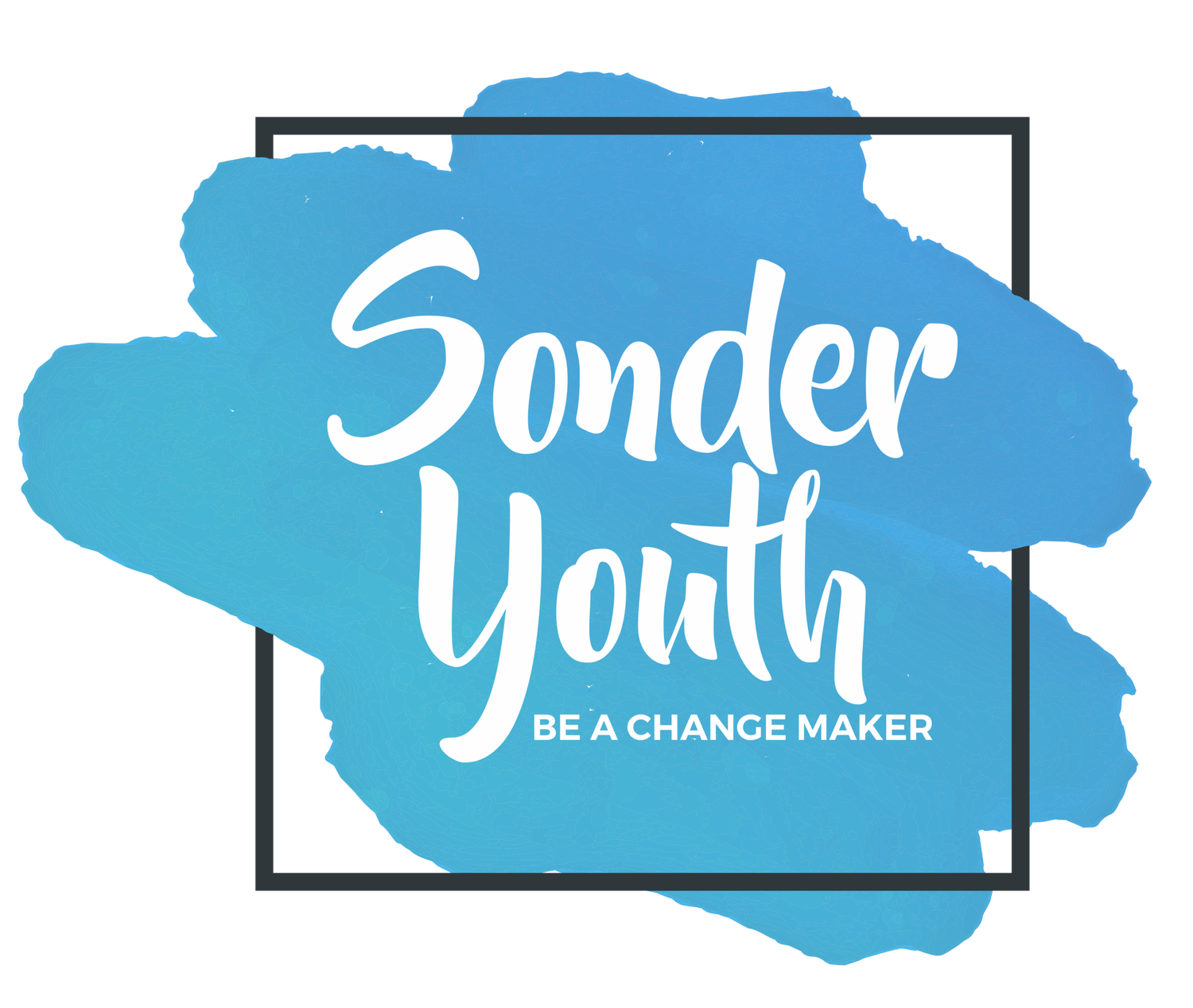Sonder Stories: May
Catherine’s Comeback: From Cancer to Marathon Winner
Just eight months after a breast cancer diagnosis, Catherine Fulginiti from Vincentia has achieved an incredible milestone — not only completing her first marathon at Run Wollongong on April 26, but crossing the line as first placed female.
At 44 years old, Catherine's journey hasn’t been easy. Diagnosed in August 2024, she faced surgery, radiation, and hormone suppression treatment. But throughout it all, she kept lacing up her running shoes. For Catherine, running wasn’t just exercise — it was essential for her mental health and strength during recovery.
Crossing the finish line wasn’t just a personal victory; it was a powerful message. Catherine wants others facing illness to keep pursuing what they love. “Don’t give up your passions,” she says. “They can keep you strong.”
Now, she's planning her next step: starting a support group for young parents battling cancer, to help others find hope and community during the toughest times.
From battling cancer to conquering 42.2 kilometres, Catherine’s story is a shining example of resilience, passion, and heart.
For more information, see: https://www.southcoastregister.com.au/story/8953628/vincentia-cancer-survivor-wins-run-wollongong-marathon/?cs=203
Photo credit: https://www.ulladullatimes.com.au/story/8924066/cancer-survivors-marathon-quest-meet-catherine-fulginiti/
Trading Labs for Landscapes: Sophie’s Wild Art Adventure
Sophie Baker is no ordinary artist. Once a scientist, she now roams the Canberra bush with a canvas strapped to her bike, painting in the open air no matter the weather. Rain, mist, or heatwave — nothing stops her from capturing the raw beauty of Australia’s landscapes.
“I don’t have a studio,” she says. “This is my studio.”
Two years ago, Sophie left the “rat race” behind, trading lab work for plein-air painting — the centuries-old tradition of painting outdoors. Armed with sticks, rocks, and paint-splattered shirts, she finds peace and purpose in nature, especially as someone with a biology background. Her art reflects Australia’s unique environment and the threats it faces from climate change.
Sophie’s leap of faith has paid off — she’s held two solo exhibitions and continues to inspire others to chase creative passions.
She’s not alone. More than 100 artists recently joined Canberra’s Capital Plein Air festival, painting in scenic spots across the region. From beginners to seasoned pros, everyone is welcome. Festival director Natasha Ruschka says it’s all about being present in the moment — capturing the light, the smells, even the fleeting breeze.
Veteran artist Warwick Fuller, who has painted alongside King Charles III, sums it up best: “Paint, paint, paint — you’ve got nothing to lose but a bit of canvas and paint.”
Nature is calling — and it’s waiting to be painted.
For more information, see: https://www.abc.net.au/news/2025-04-26/act-capital-plein-air-outdoor-painting-festival-canberra/105217058
Photo credit: https://www.sophieartbaker.com.au/about
No Power, No Problem: Teens Build Fridge for the Future
Three teenagers from Indore, India, have invented a clever fridge that doesn't need electricity or batteries. Called the Thermavault, it uses a mix of salts and water to keep vaccines and other medical supplies cool — even in the hot countryside.
The inventors — Dhruv Chaudhary, Mithran Ladhania, and Mridul Jain — were inspired by their parents, who all work in healthcare. During the COVID-19 pandemic, they saw how hard it was to keep vaccines cold on long trips to remote villages. They wanted a simple, portable solution.
The science is smart but simple: when certain salts dissolve in water, they absorb heat, cooling everything down. The teens tested more than 20 types of salts before finding the best combo — ammonium chloride to keep things cool (2–6°C), and barium hydroxide octahydrate to bring the temperature below freezing.
They’ve already tested Thermavault in local hospitals, and it can keep vaccines cold for up to 12 hours. Now, they’re building 200 more units to test in 120 hospitals across Indore.
Their invention won them the 2025 Earth Prize and $12,500 to help with testing. What started as an idea from a school science book could now save lives in places with little to no electricity.
Smart thinking, big impact.
For more information, see: https://www.goodnewsnetwork.org/teens-win-2025-earth-prize-for-refrigerator-that-runs-on-salt-200-headed-to-hospitals-for-chilling-medicine/



